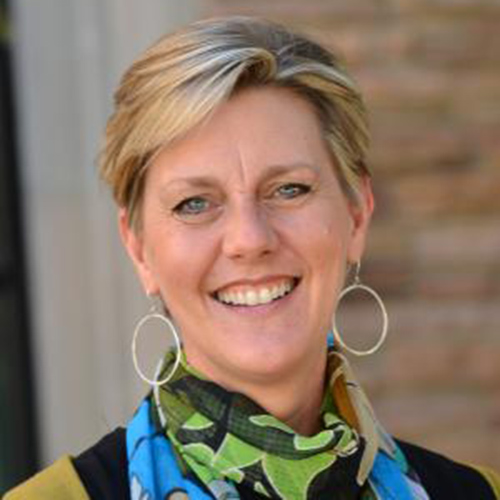IBS Associations
Director, Institute of Behavioral Science
Environment and Society Program
Population Program
CU Population Center
Center for Collaborative Synthesis in Archaeology
Research Interests
Population and environment dynamics; migration and climate change; rural livelihoods in the Global South; rural community change in the US
Brief Biography
Dr. Lori Hunter is Director of the Institute of Behavioral Science at the University of Colorado Boulder as well as Professor of Sociology. Dr. Hunter’s primary area of research is migration as related to environmental context. She examines these connections in rural South Africa and Mexico and has published findings and reviews in a wide variety of academic outlets such as Population and Development Review, the Annual Review of Sociology, and International Migration Review. Dr. Hunter has offered commentary for the UN as the organization works to integrate population issues into the Sustainable Development Agenda. She’s also consulted with the World Bank on migration, climate and gender, and her recent research on these topics has appeared in The Lancet, Global Environmental Change, Environmental Research Letters, Annual Review of Sociology, Population Research and Policy Review, Social Science Quarterly, and Society and Natural Resources. She also led the editorial team for the first International Handbook of Population & Environment (2023).
Dr. Hunter also examines trends in rural America as related to well-being including health and migration impacts of climate change. One project, recently funded by the National Institutes of Health, uses restricted Health and Retirement Study data through the Rocky Mountain Research Data Center to examine health disparities in older adults as related to extreme events including hurricanes and heat stress.
Dr. Hunter served as Editor-in-Chief for Population and Environment, a Springer journal from 2007-2017 and.is on the National Academy of Sciences Board on Environment and Society, as well as the White House-requested Roundtable on Climate-Related Risks and Opportunities on the Macroeconomy.

